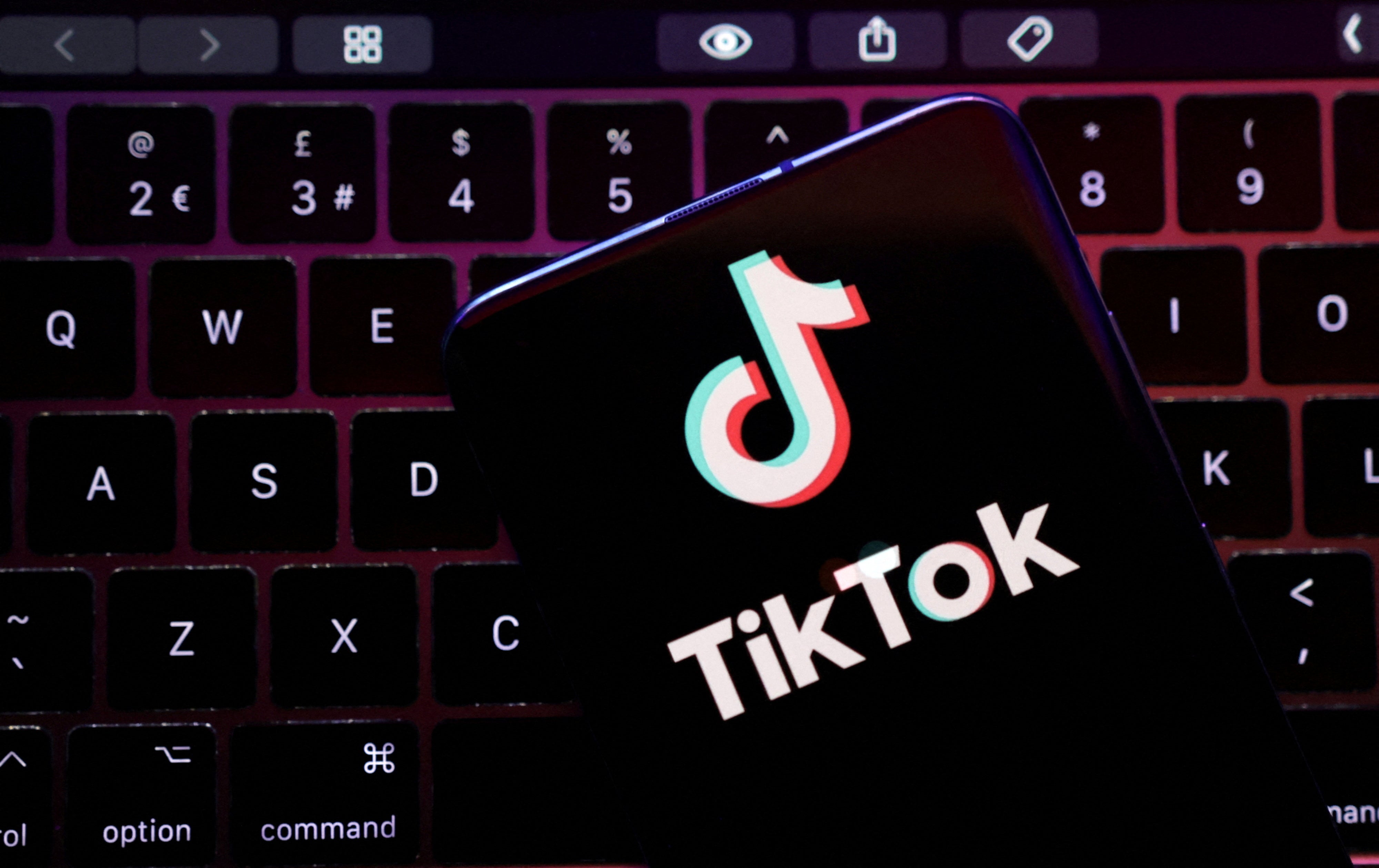TikTok ban: US lawmakers pass bill to partially ban app in the US

Your support helps us to tell the story
From reproductive rights to climate change to Big Tech, The Independent is on the ground when the story is developing. Whether it's investigating the financials of Elon Musk's pro-Trump PAC or producing our latest documentary, 'The A Word', which shines a light on the American women fighting for reproductive rights, we know how important it is to parse out the facts from the messaging.
At such a critical moment in US history, we need reporters on the ground. Your donation allows us to keep sending journalists to speak to both sides of the story.
The Independent is trusted by Americans across the entire political spectrum. And unlike many other quality news outlets, we choose not to lock Americans out of our reporting and analysis with paywalls. We believe quality journalism should be available to everyone, paid for by those who can afford it.
Your support makes all the difference.US lawmakers have passed a bill that would ban TikTok from government-owned devices.
The Senate approved the bill, which is the latest attempt by lawmakers to limit use of the app.
The Chinese-owned video-sharing app has long been the subject of fears that it could gather data and pass it back to officials in Beijing.
Those fears led to attempts by Donald Trump to completely ban it – though they ultimately failed. The security concerns have however never gone away, and the app is once again under pressure in the US.
The bill must still be approved by the U House of Representatives before going to President Joe Biden for approval. The HouSse of Representatives would need to pass the Senate bill before the current congressional session ends, which is expected next week.
The Senate action comes after North Dakota and Iowa this week joined a growing number of U.S. states in banning TikTok, owned by ByteDance, from state-owned devices amid concerns that data could be passed on to the Chinese government.
During the last Congress, the Senate in August 2020 unanimously approved legislation to bar TikTok from government devices. The bill’s sponsor, Republican Senator Josh Hawley, reintroduced in legislation in 2021.
Many federal agencies including the Defense, Homeland Security and State departments already ban TikTok from government-owned devices. “TikTok is a major security risk to the United States, and it has no place on government devices,” Hawley said previously.
North Dakota Governor Doug Burgum and Iowa Governor Kim Reynolds issued directives prohibiting executive branch agencies from downloading the app on any government-issued equipment. Around a dozen U.S. states have taken similar actions, including Alabama and Utah this week.
TikTok has said the concerns are largely fueled by misinformation and are happy to meet with policymakers to discuss the company’s practices.
“We’re disappointed that so many states are jumping on the political bandwagon to enact policies based on unfounded falsehoods about TikTok that will do nothing to advance the national security of the United States,” the company said Wednesday.
Other states taking similar actions include Texas, Maryland and South Dakota.
Republican Senator Marco Rubio on Tuesday unveiled bipartisan legislation to ban TikTok altogether in the United States, ratcheting up pressure on ByteDance due to U.S. fears the app could be used to spy on Americans and censure content. Rubio also is a sponsor of Hawley’s TikTok government device ban bill.
The legislation would block all transactions from any social media company in or under the influence of China and Russia, Rubio’s office said.
At a hearing last month, FBI Director Chris Wray said TikTok‘s U.S. operations raise national security concerns.
In 2020, then-President Donald Trump attempted to block new users from downloading TikTok and ban other transactions that would have effectively blocked the apps’ use in the United States but lost a series of court battles over the measure.
The U.S. government’s Committee on Foreign Investment in the United States, a powerful national security body, in 2020 ordered ByteDance to divest TikTok because of the fears that U.S. user data could be passed to the Chinese government, though ByteDance has not done so.
CFIUS and TikTok have been in talks for months to reach a national security agreement to protect the data of TikTok‘s more than 100 million users but it does not appear any deal will be reached before the end of the year.
Join our commenting forum
Join thought-provoking conversations, follow other Independent readers and see their replies
Comments